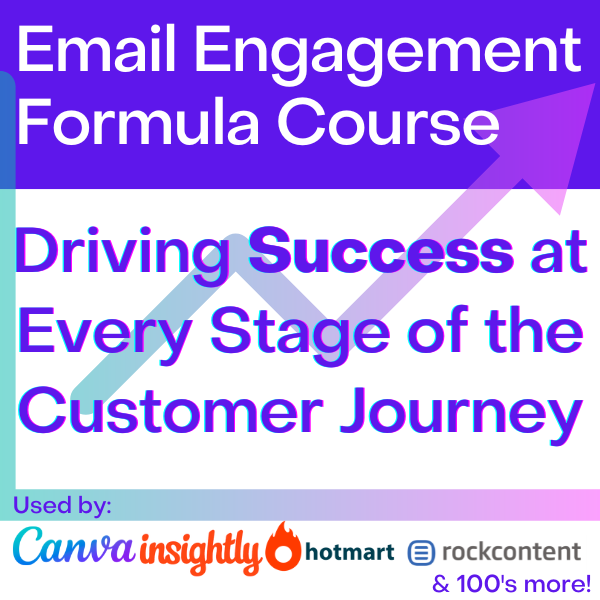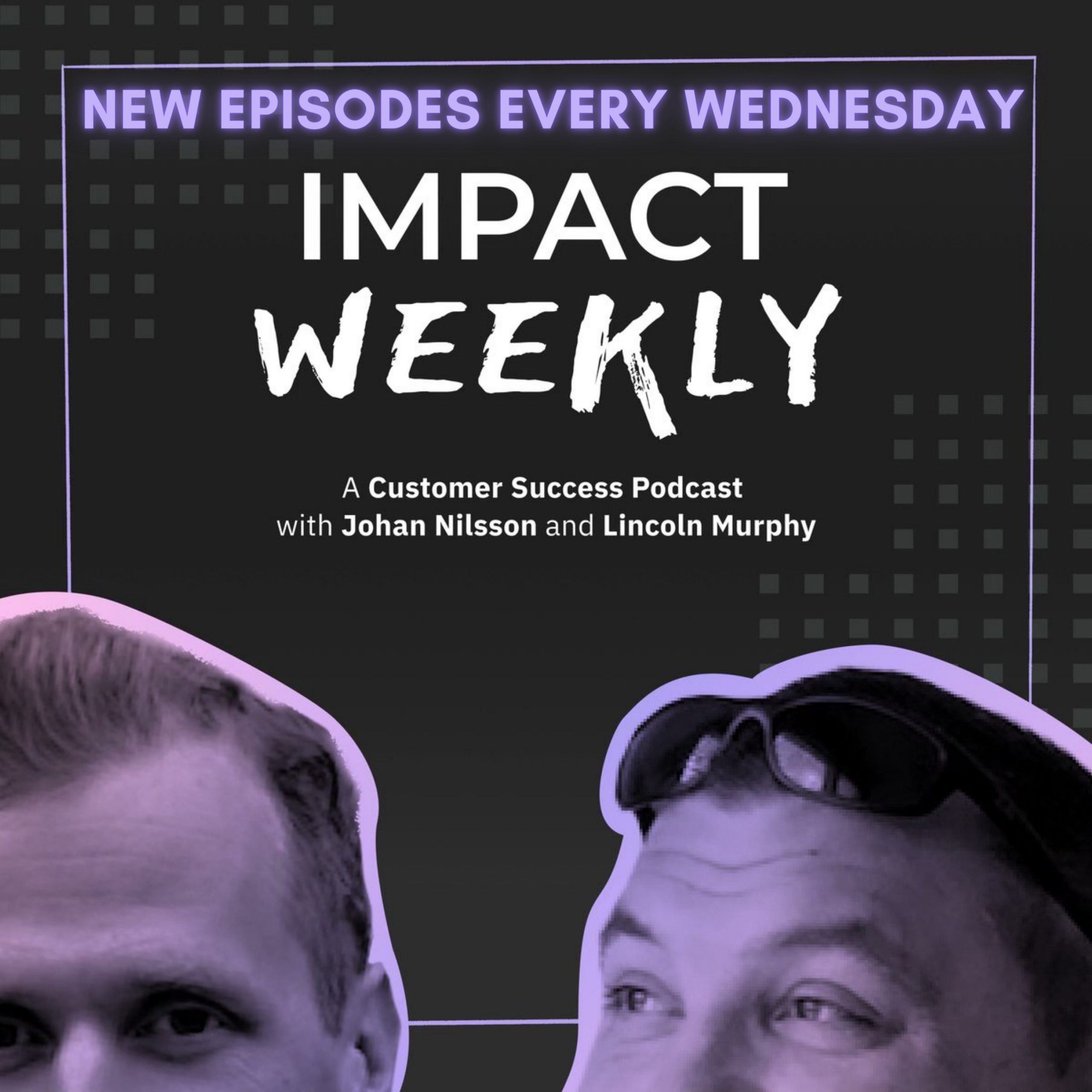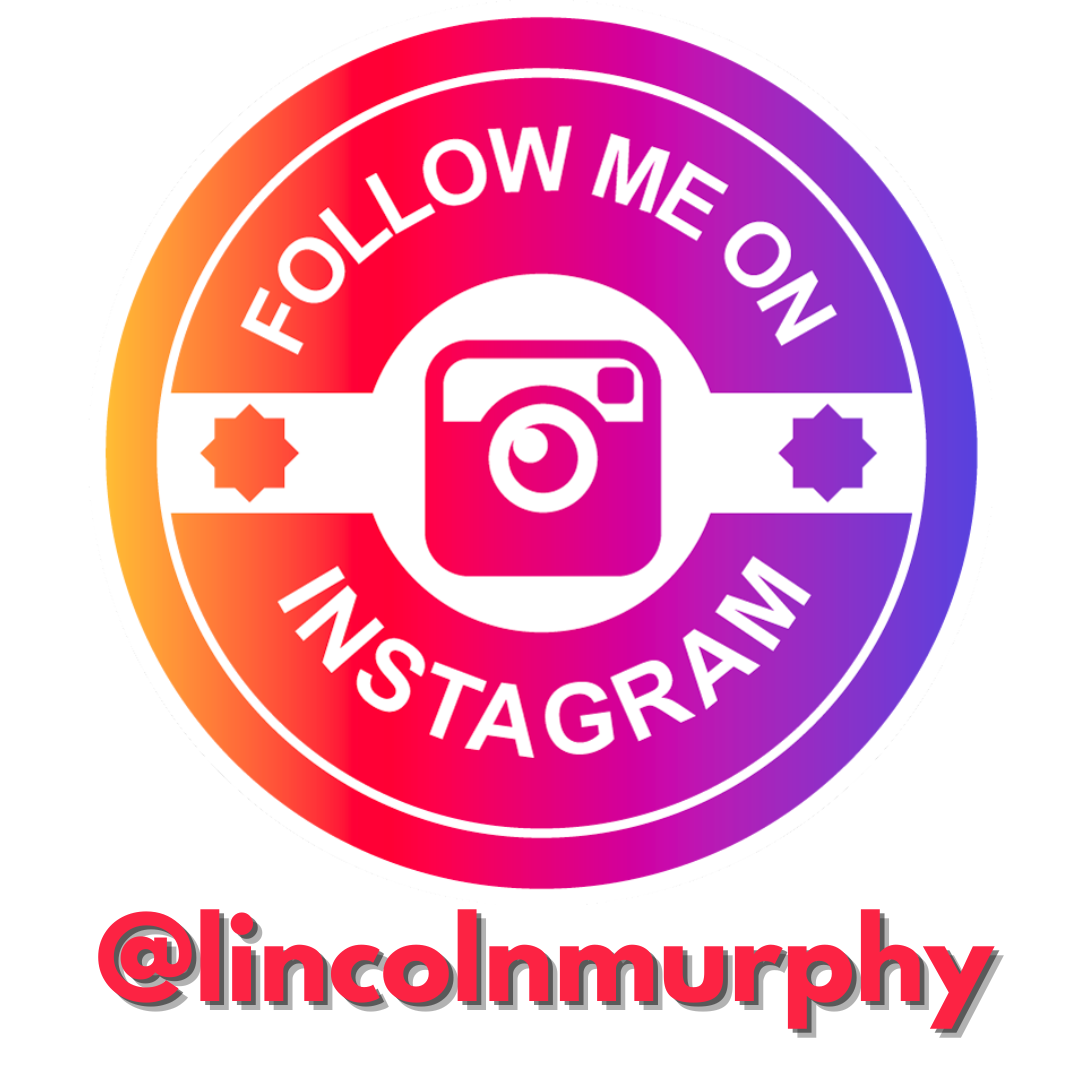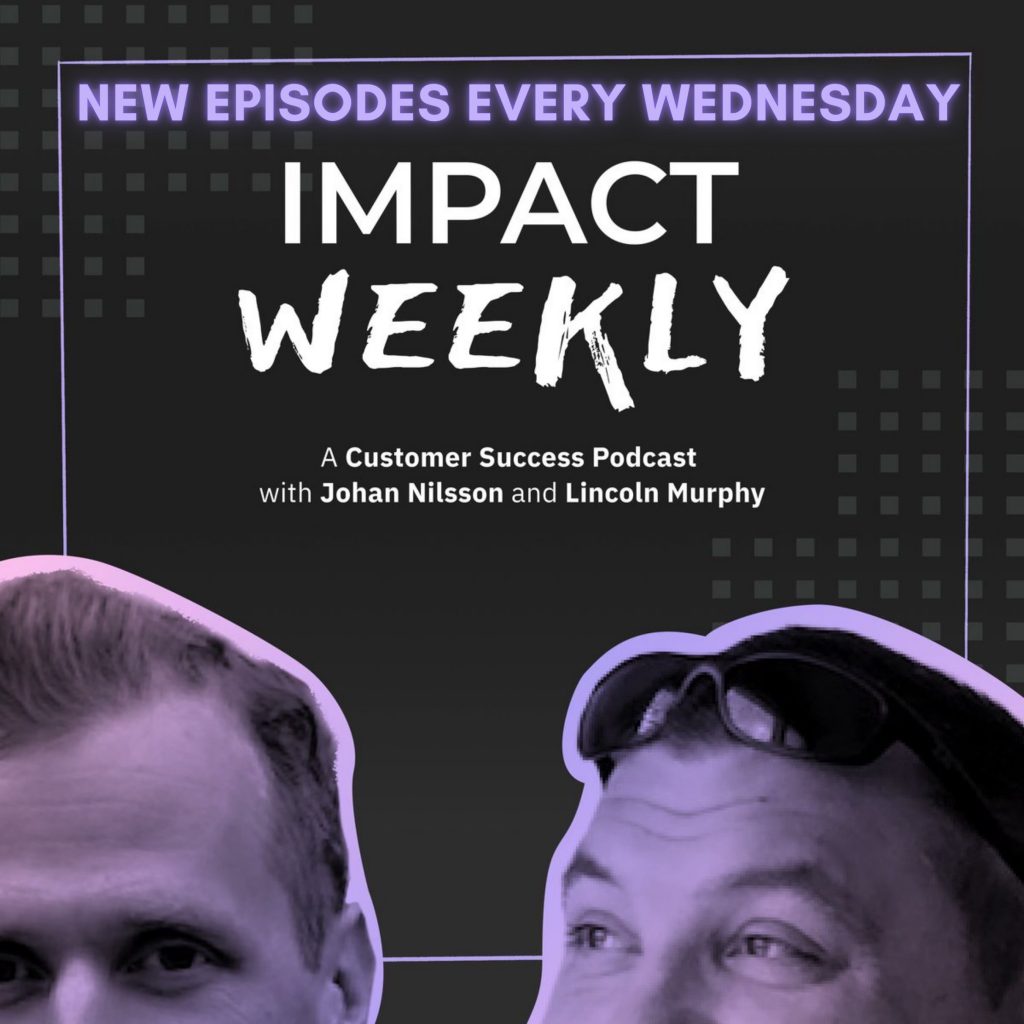Disclaimer: The following assumes your customers are humans.
Don’t get me wrong, customers dislike A LOT of things. But there are three things that elicit such a deep, visceral response that the only applicable word is hate. Strong word, but strong emotions.
In my many years of helping companies grow through Customer Success, the thing I’ve always tried to do is understand why humans behave the way they do. What psychology is at play in various situations? What is going on in their minds at various points in their life cycle with us? How can I use psychology to get the customer to do what I need them to do to be successful?
It’s through this lens that I’ve been able to discover these three things that customers absolutely hate and that – unfortunately – were present in every company that came to me for help.
As you read about these things, I want you to think about whether or not your Customer Journey invokes any – or all – of them. And if so, how can you keep that from happening?
Consequences of the Hated Trio
If the fact that your customers hate these things isn’t enough of a reason to avoid them, remember that they have a direct, negative impact on the metrics that matter to you, to your executives, and to your board.
The following is not an exhaustive list, but are some of the things that can happen:
- Delayed or Incomplete onboarding
- Lack of adoption breadth and depth
- Poor engagement
- Lack of Expansion (Upsells)
- Contraction at Renewal
- Churn
- Negative Sentiment in the market
- Lower Net Retention (NRR or NDR)
Yep. Invoking these three things can literally lead to your company being valued less by investors or potential acquirers.
Customers Hate These 3 Things
The following is also not an exhaustive list of things customers don’t like: Those are many and varied and you’re likely invoking most of those, too.
But, it’s these three things that can have incredibly negative results for both you and the customer so make sure you eliminate these from every aspect of the customer’s experience.
Customers hate:
- Surprises (like an unexpected power outage neither you nor the utility company expected)
- Unknowns (like a power outage the utility company knew about but didn’t tell you was going to happen)
- Repeating Themselves (when you have to tell each person at the utility company you get transferred to why you’re calling; the planned power outage they didn’t tell you about!)
Let’s look at each of these in detail.
Customers Hate: Surprises
Everyone loves surprises, right? No. Maybe a child discovering what’s inside of a gift box on their birthday. But even then, situational awareness ensures that the surprise itself is contained and joyous.
So, no. Nobody likes uncontained surprises. Ever. Especially in a business setting and from a software vendor.
A surprise, as I gleaned from several different dictionaries, is an unanticipated event, fact, or thing and/or the feeling caused by something unexpected or unusual.
You’ll know if something is a surprise to your customer because they might say something like:
- WTF?!?
- FFS!
- AYFKM?!?
- What just happened?
- That was shocking
- I didn’t expect that
- Why did you let that happen?
- Why did you let me do that?
- Why is this happening?
Things that trigger this might be:
- Unexpected charges
- Required upgrades
- Uncommunicated Planned Outages
- Reassigned CSMs / AMs
- Sudden Handoffs
- Product changes
- Pricing changes
As Michael Rousell says in his book, The Power of Surprise: How Your Brain Secretly Changes Your Beliefs, “Surprise requires Belief.”
This means, generally, that if your customers are experience surprises, it’s because what they believed was going to – or should – happen, didn’t.
So the best way to avoid surprising your customer is to communicate – clearly and directly – in a way that ensures they understand what they’re being told and properly manages their expectations.
It might also be good to repeat the mantra, “surprises in a B2B setting are never a good thing.”
Customers Hate: Unknowns
To make a rash generalization, people working inside companies and dealing with software vendors, prefer to have some idea of what’s going to happen with said vendor and how it will affect their job and, to a lesser degree, the company they work for.
Thus, the aforementioned surprises and their never being a good thing.
But there’s another thing that keeps people from being able to plan ahead, budget appropriately, or otherwise secure resources, and those are: Unknowns.
Unknowns – according to various dictionaries – are things that require discovery, identification, or clarification. The problem with that definition is: you may not even know it’s something you need to discover in the first place.
If your customers experience Unknowns, it’s your fault. You don’t want your customer to have an “Aha!” moment because they just figured something out that you should have told them about. Save “Aha!” for when they get the result they want.
Remember, gold miners shouted, “Eureka!” when they struck gold… not when they figured out how to use the equipment.
You know when your customers experience Unknowns because they’ll say things like:
- Why didn’t you tell me about this?
- I wish I’d known about that
- I don’t have the budget for that
- I don’t have the resources for that
- I don’t have approval for that
- Nobody told me about this
- How was I supposed to know?
You gotta lay it out for them to play it out.
Unknowns exist due to:
- A total disregard for customer-side Change Management
- Lack of Clarity on the real Customer Journey
- Not Managing Expectations
- Not invoking Joint Accountability
- Failing to leverage proper Orchestration
- No 30-60-90-day Plan at Onboarding
Something to consider on a human level is this thing called Intolerance of Uncertainty, which is mostly associated with Generalized Anxiety Disorder (GAD), and literally manifests as a real, physical threat in some people. Google that for some light reading on the topic.
Bottom line: Some of your customers won’t just hate Unknowns… they’ll literally have a negative physical reaction to them.
So maybe try to eliminate Unknowns and avoid a TON of potential issues.
Customers Hate: Repeating Themselves
Handoffs aren’t good or bad. They just exist. It’s how you handle them that matters.
And most of the time handoffs are handled poorly, inevitably requiring the customer to repeat themselves when they talk to the next person. Sales to Onboarding. Onboarding to CSM. CSM to TAM. TAM to CSM. Support to CSM. CSM to AM. AM to AE. That’s A LOT of repeating yourself.
There’s this neat technology called a CRM – Customer Relationship Management – where everyone that engages with the customer can read and update the customer record. There’s also purpose-built CSM – Customer Success Management – software that allows you to store even more information about the customer, including their progress, satisfaction, Success Vector, etc. so each individual contributor (IC) will have all the context necessary when engaging with the customer.
Of course, no system is magic; ICs must update the system and other ICs need to consume what is there when they prepare to work with a customer.
But that’s all time-consuming, so just ask the customer to tell you what they already told several other people before you. That’s fine.
But you know it’s not fine. Customers don’t feel heard when they have to repeat themselves and that means, to them:
- You don’t care about me as a customer
- You’re not listening
- You’re not synced internally
- You don’t have your shit together
- You’re wasting my time
- I don’t trust you
- I hate you
Their words, not mine.
In Software companies, it’s rare that it’s a lack of technological solutions that keep customers from having to repeat themselves; it’s that you just don’t care and it shows.
The more the customer has to repeat themselves, the less they’ll want to engage. Less engagement means less adoption, expansion, advocacy, and renewal and more contraction, churn, and public complaints.
Make customers repeat themselves… lower your company’s valuation.
Everything impacts Net Retention. Every. Thing.




